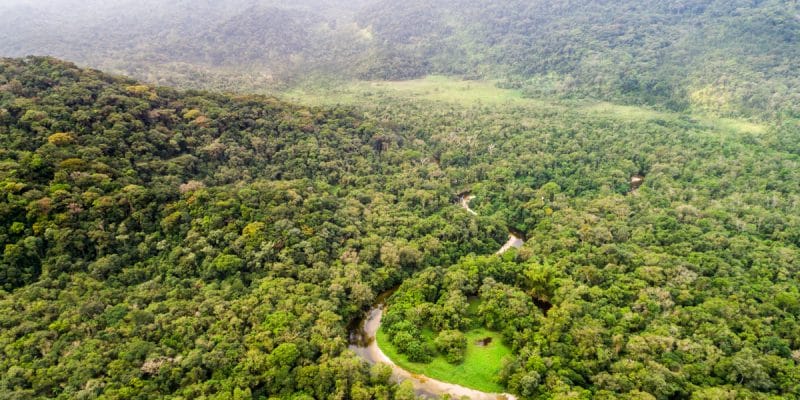Cameroon will once again preside over the Council of Ministers of the Central African Forest Commission (dubbed COMIFAC in French). The country has two years to address many challenges, including the critical lack of funding. This commitment was made at the tenth ordinary session of the Council of Ministers of the Central African Forestry Commission, which was held from July 9 to 10 2019 in Yaoundé, the capital of Cameroon.
Cameroon is once again taking over the chairmanship of the Central African Forestry Commission (COMIFAC), in a context where the institution is facing serious financial difficulties. During the 10th ordinary session of the Council of Ministers of the COMIFAC, held from the 9th to the 11th of July 2019 in the Cameroonian capital Yaoundé, the Executive Secretary of this sub-regional body presented a critical financial situation. “With the exception of Cameroon, which is up to date in its contributions, all other member countries are in significant arrears with their contributions to the institution. It is important that strong measures be taken to avoid total paralysis of the institution…” said Raymond NDomba Ngoye, from Rwanda.
There are nine insolvent countries referred to by the Executive Secretary of the Central African Forestry Commission. These are Equatorial Guinea, Gabon, Central African Republic, Chad, Congo Brazzaville, Rwanda, Burundi, Democratic Republic of Congo and Republic of Sao Tome and Principe. The problem of non-payment of their statutory contributions had already been raised at the Brazzaville session in 2014. This situation prevents the COMIFAC from faithfully carrying out its missions, for the benefit of forest areas in Central Africa.
Cameroon is confronted with the challenge of revitalising the COMIFAC
Cameroon is at the forefront of the COMIFAC. The country saw the birth of this institution, through the very first Summit of Central African Heads of State, which ended with the adoption of the Yaoundé Declaration in March 1999. Twenty years later, after having chaired the Council of Ministers between 2000 and 2002, Cameroon also hosts the headquarters of the organisation’s executive secretariat. The proximity to this body, as well as the history and regularity of Cameroon’s involvement in the COMIFAC, should enable it to better face the challenges of its new two-year term as head of the Council of Ministers.
Beyond its own contributions, the country will have to find ways to motivate other member countries to pay their statutory contributions and the Cameroonian Minister of Forests and Wildlife is fully aware of this. “During our mandate, we will focus on the traditional missions, which are the sustainable management of forest resources, natural and wildlife resources. However, this can only be possible if all members regularly pay their statutory contributions,” said Jules Doret Ndongo, Cameroon’s minister of Forests and Wildlife. To this end, COMIFAC experts call on Member States to take appropriate measures. These are the taxation of greenhouse gas-emitting sectors, and the payment of environmental services such as sanitation.
The Council of Ministers is composed of the Forestry and/or Environment Ministers of each COMIFAC Member State. It is the decision-making, coordination and monitoring body for the implementation of policies for the sustainable management of Central African forest ecosystems within the COMIFAC. The council’s presidency is rotational.
Boris Ngounou







